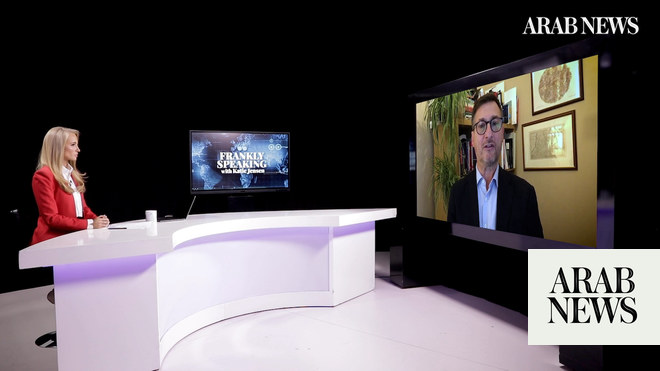
The new National Security Policy announced a few months back after a hiatus of 11 years set the compass of the country’s foreign policies in the direction of economic development. Pakistan’s Army Chief Qamar Javed Bajwa has also been quite vocal about this new strategy, which would end Pakistan’s role of defending powerful countries’ security interests in the region. Prime Minister Imran Khan has on several occasions described climate change, food insecurity, and economic vulnerability as the real threats confronting Pakistan, which he said could only be addressed with the use of non-traditional security measures such as technology, regional connectivity, and economic development.
For too long now, Pakistan has been surviving on debt from multilateral donor organizations. For some reason, every outgoing government would leave the exchequer empty, leaving the incoming government with no option but to knock on the IMF’s door to replenish foreign reserves. In the absence of the audit of the debt received and of ‘some’ components of the budget, it has been difficult to decipher how and where the debt has been used. The situation becomes problematic when the country’s economy is rarely taken off the ventilator despite all the money we receive. Moreover, the reliance on debt comes with a cost. Many foreign policies that Pakistan pursued, especially our involvement in wars since 1977 were a premium we paid to keep the tap of money running.
In pursuance of its pivot to geo-economics, Pakistan has decided to remain neutral in the international arena currently bested with war. In his interview with Russian TV before going to Russia on his maiden visit, PM Khan said that Pakistan would not side with any bloc. Also, when Bajwa says, “Seeing Pakistan through the China-Pakistan Economic Corridor prism is misleading,” he indicates that Pakistan is following an independent foreign and economic policy.
However the question is: Is staying diplomatically neutral enough for achieving the geo-economic pivot? What would it truly take for Pakistan to pursue its geo-economic ambitions?
The situation becomes problematic when the country’s economy is rarely taken off the ventilator despite all the money we receive.
Durdana Najam
At first, Pakistan would need stable political and economic conditions. Political uncertainty like the one we have today where the government is sent packing every hour is detrimental to an economy that has already become a sore spot for investors due to frequent policy shifts. Case in point: the present government has changed four finance ministers in three years.
Next, there should be a limit to how much the judiciary can interfere in administrative and political issues and how far it is willing to put its house in order. The judiciary and judicial processes affect the economic governance of a country in five ways: One by establishing the rule of law; two by ensuring an efficient process of accountability; three by enforcing and protecting contracts; four by providing security of person and property; five by giving equal access justice to the poor and less privileged in society. According to Babar Sattar, Justice Islamabad High Court: “The history of the rule of law in Pakistan is a discreditable one of using the law and its processes to strike deals between competing power elites, as opposed to defining the boundaries of right and wrong and holding the guilty to account. That is why many see the law as a tool for the powerful to settle scores, and not as an instrument of justice…our system of checks and balances is neither potent nor functional. Our power elites do not like public officials exhibiting autonomy and independence.”
Finally, Pakistan would have to adopt a policy of non-interference in neighboring countries" internal matters, and boost intraregional trade and connectivity. In this regard, Pakistan should first secure its economic interest before medling into non-consequential regional conflicts. Of course, Kashmir is necessary; however, restoring trade ties with India is equally important to open new avenues for bilateral engagement. Recently, the Special Assistant to the Prime Minister on Commerce and Investment Dawood Razak suggested restoring trade ties with India to improve Pakistan"s dismally low trade figures.
If followed in letter and spirit, the new strategic shift can help Pakistan recast its image as a peace-loving nation and make it a valuable member of the international community. But the million-dollar question is: Are we ready to address the core issues at home?
— Durdana Najam is an oped writer based in Lahore. She writes on security and policy issues.
Twitter: @durdananajam
Disclaimer: Views expressed by writers in this section are their own and do not necessarily reflect Arab News" point-of-view












